
The Moral Landscape
How Science Can Determine Human Values
Reprinted by permission of Free Press, a Division of Simon & Schuster, Inc.
ISBN: 9781439171219
Pages: 291
Read offline
Recommendation
Neuroscientist and best-selling author Sam Harris is controversial, argumentative, against religion, in favor of science, deeply moral and intensely rationalist. While he never uses one word if many more will do, Harris’s positions on science, morality, religion and brain function prove innovative, well researched, thought provoking, and, if you are of a religious bent, probably infuriating. Harris dissects the evolutionary and biological processes underlying reason, moral choices and faith. He poses scientific counterarguments for religious tenets and dreams of a world where science proves the worth of any moral choice. You may not agree with everything he has to say, but he expresses the point of view of rationalism with thorough conviction. Caught up in explaining philosophical complexities, he seems not to worry whether readers will totally understand all that he says. Even so, getAbstract suggests this interesting, impassioned, philosophical explanation of the rationalist worldview to those who wonder how and why – and even if – people make certain choices, and what their choices mean.
Summary
About the Author
Neuroscientist Sam Harris wrote The End of Faith, Lying, Free Will and Letters to a Christian Nation.








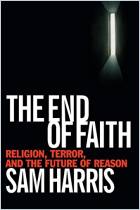
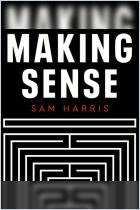
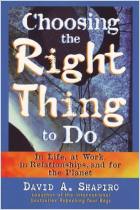

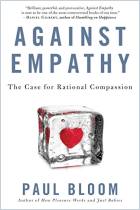
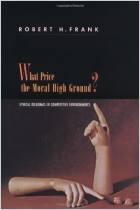

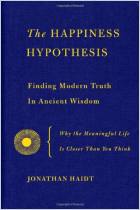



Comment on this summary or Start Discussion